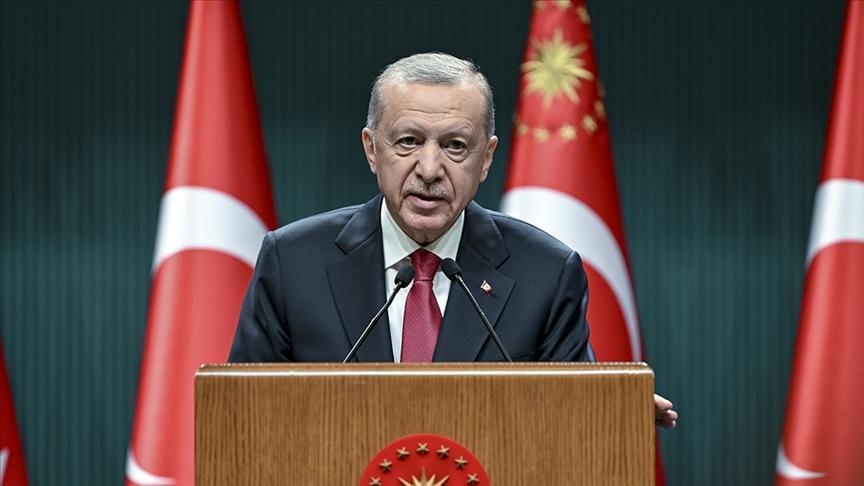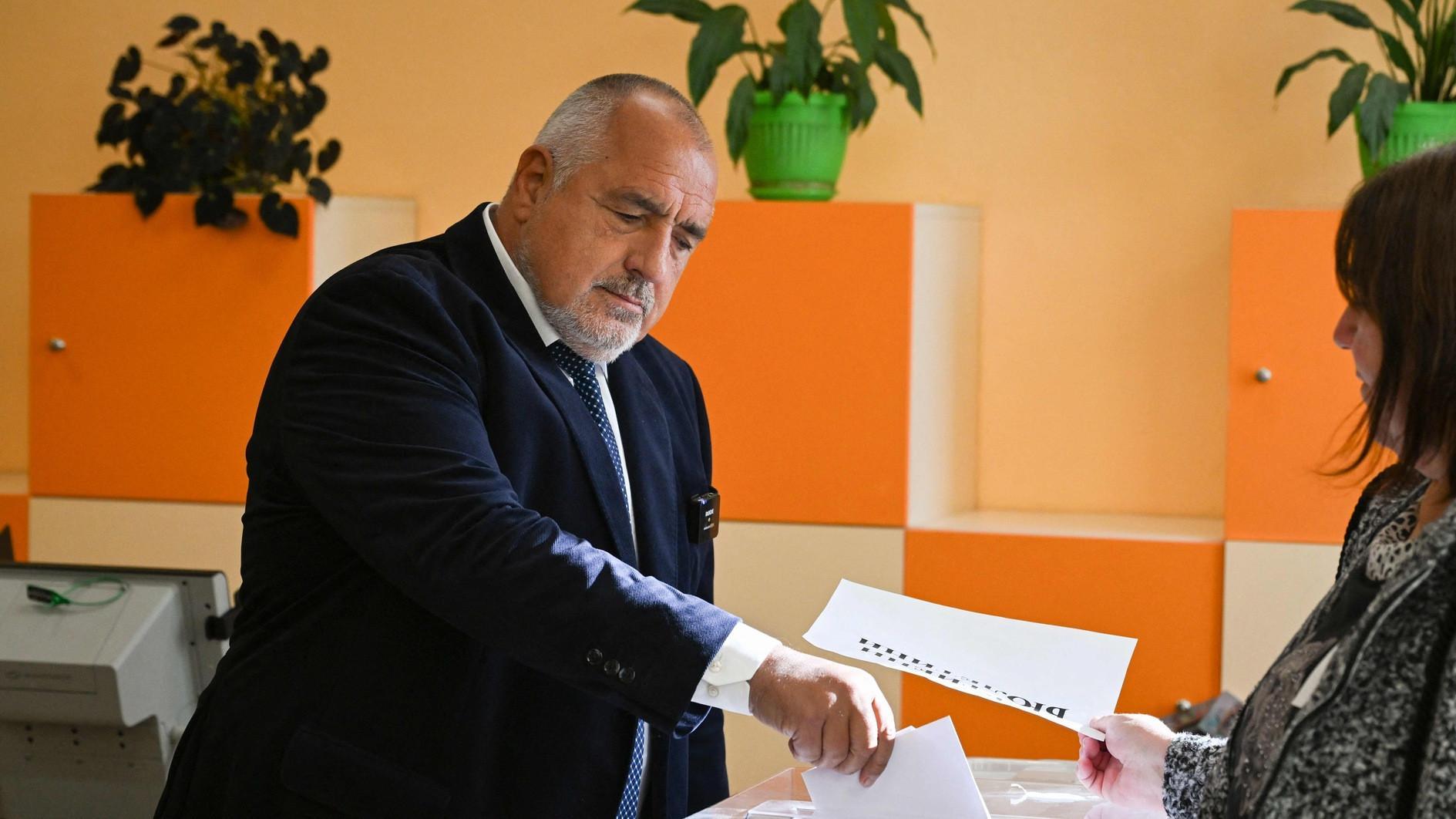Going back to black on Cyprus deal
The Turkish and Greek Cypriot sides are in intense negotiations to find a permanent settlement on the divided island.
They are working on hundreds of pages, as nothing is agreed to until everything is agreed to. It is a painful but “colorful” exercise. The Greek positions are printed in blue, the Turkish one in red. Compromise proposals are in yellow. According to sources familiar with the talks it seems there are some other colors which end up confusing the negotiating parties!
Ambassador Andreas Mavroyiannis, the Greek Cypriot negotiator, reportedly said at one stage that they all wanted to “go back to black,” using one of the late Amy Winehouse’s songs, in reference to the wish on both sides to finally ink a deal, black on white, on the Cyprus problem.
If you were to look to the region’s map, Cyprus would be the only place with a dim light of hope that could ease our current pessimism about peace and stability in our neighborhood. But of course compared to the extreme violence in the region, to what degree the solution to the Cyprus problem, which in the eyes of the international community is not seen as a burning issue, can soothe our anxieties is a question worth asking.
That’s why the sense of “urgency” becomes rather relative when it comes to Cyprus.
U.N. Secretary General Special Representative on Cyprus Espen Barth Eide reportedly said recently at a panel, “Don’t ask me whether the Cyprus problem will be solved but ask me when it will be solved.”
And apparently he asked whether the two communities in Cyprus were ready for a settlement.
Indeed, we keep hearing that the two sides are registering important progress, that there are a lot of convergences on the issues and that there is no issue left where the difference is not “bridgeable.”
But what we don’t hear is the timing. After all that ground covered we should have a better idea about when the two sides will finalize a deal and put it to a referendum. There are legislative elections in Greek Cyprus on May 22, so nothing before that should be expected, but what about afterwards?
We know that the Turkish side is favoring a shorter timetable whereas the Greek Cypriot side doesn’t provide much of a clue.
Can June be a deadline, as suggested by the Turkish side, since Ambassador Mavroyiannis will no longer be able to continue his role as a negotiator as he is the Greek Cyprus’ candidate for the presidency of the 71st session of the U.N. General Assembly?
Cyprus is a frozen conflict; there is no bloodshed and with the exception of very minor incidents the island has seen no major tension between the members of the community for the past 11 years when the internal frontiers were open to crossings.
But the two sides’ leadership should not miss the positive atmosphere that emanates from the talks. A positive outcome from the referendum is not a given for either side of the island. In fact, the Turkish Cypriot leadership believes they will have to conduct a fierce campaign to have a “yes” vote. The Turkish Cypriots are less enthusiastic compared to 11 years ago, a diplomatic source living in the island told me. “They feel more confident and the EU is not the EU of the 2004; it is less promising,” the source said.
In addition, European leadership is displaying high interest for a settlement. That too should not be missed.











